There was the ‘Great Game’, the complex political machinations of Victorian Britain and Tsarist Russia in the nineteenth century; and there was the ‘New Great Game’, the conflict between the Western powers and Russia and China over Central Asia’s oil and natural resources. But there is another Great Game that’s playing out in Asia one that will significantly impact the course of global politicss.
Bertil Lintner calls it the ‘Great Game East’. On the eastern fringes of the Indian subcontinent, the rivalry between India and China grows ever warmer. The call of the Nehruvian era, Hindi-Chini Bhai-Bhai, was drowned out by the resistance in Tibet and the unrest in India’s northeast, and the role the two countries played in these. The rivalry resulted in an on-the-ground battle in 1962, and an undeclared war since. Spies and agents from both countries have been stirring up trouble in the volatile frontier areas all these years. Besides, intelligence agencies of various other countries (the United States, among them) have also been keeping a sharp eye on the developments in the region, particularly India’s northeast.
Strategically located at the crossroads of the Indian subcontinent, China and Southeast Asia, the northeastern states of India and the continuing armed strife in that sector hold the key to understanding the true complexity of the hostilities and political ambitions that Asia’s two giants harbour. In the Great Game East: India, China and the Struggle for Asia’s Most Volatile Frontier, Bertil Lintner – acknowledged as one of the foremost experts on insurgencies in the region – unpacks the layers and layers of complex political intrigues and spy networks that define the Great Game East. A must-read for anyone who wishes to understand the political future of a continent, or indeed the world.

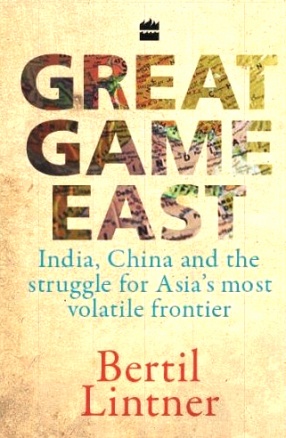
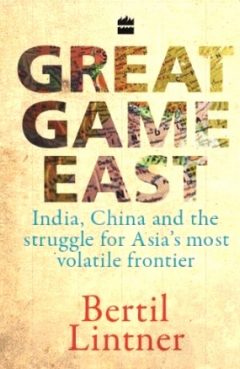
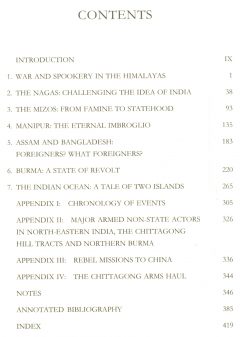
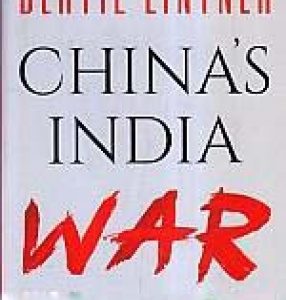
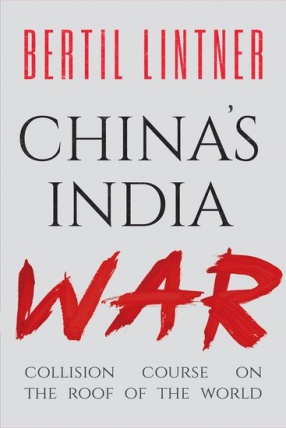

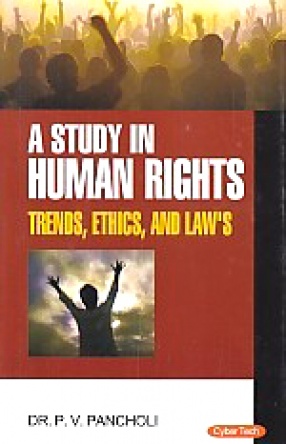


There are no reviews yet.